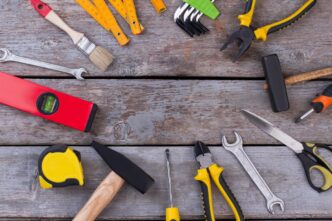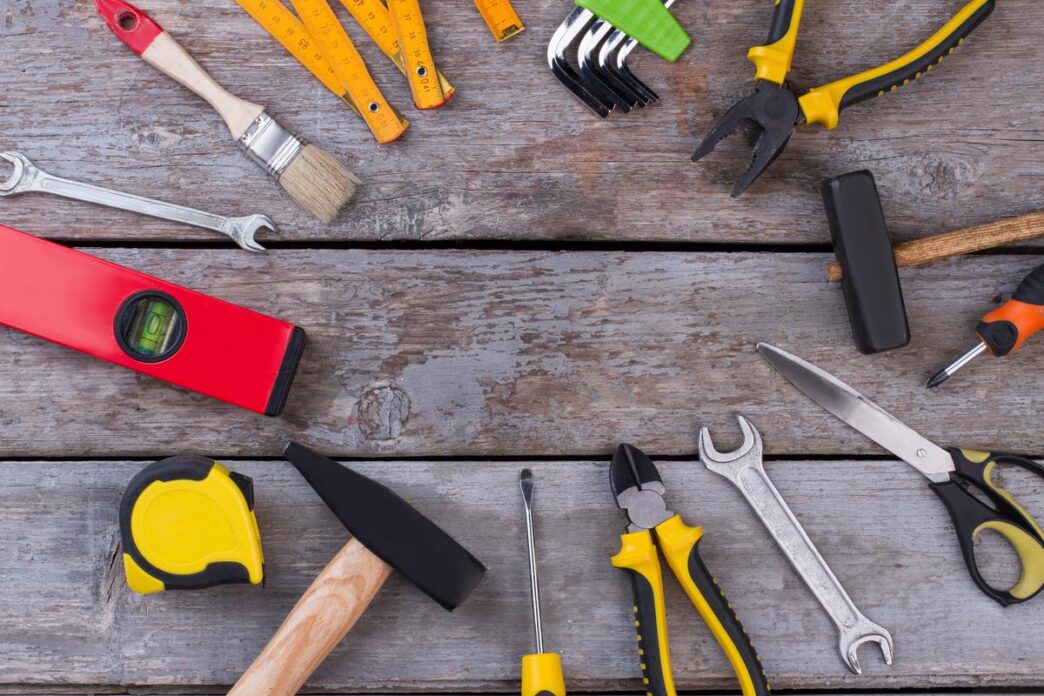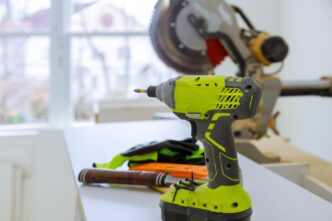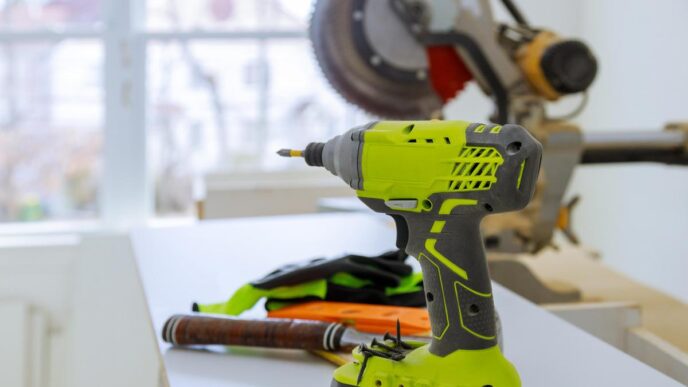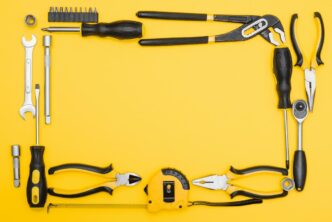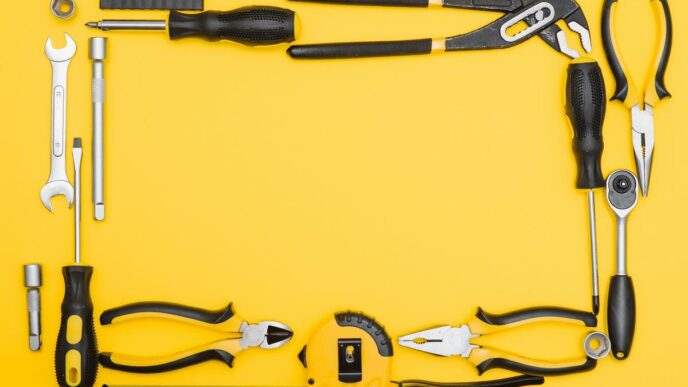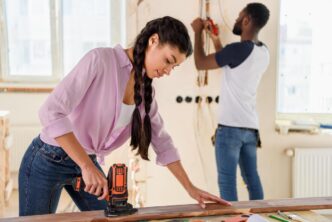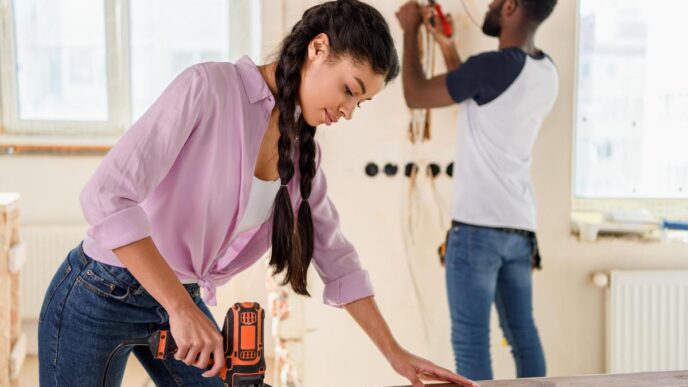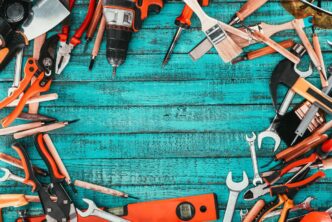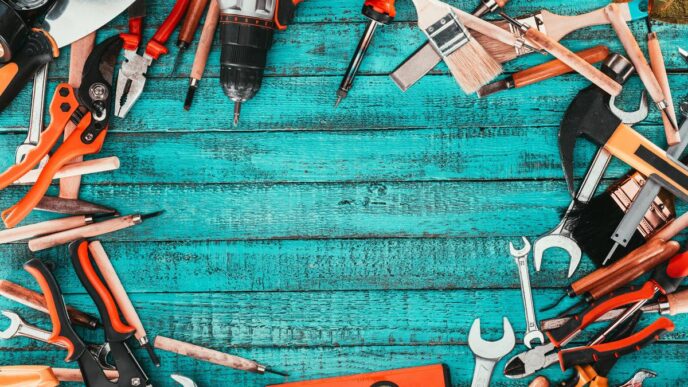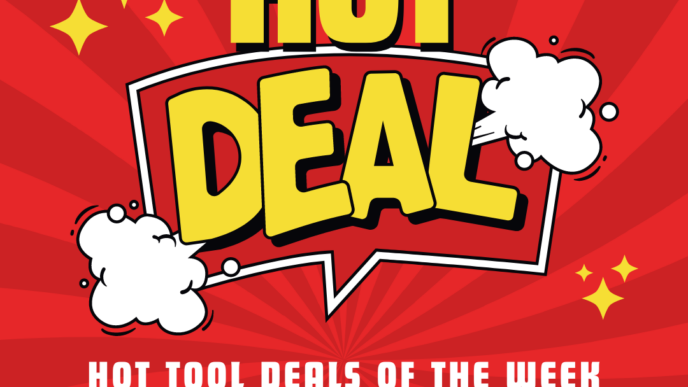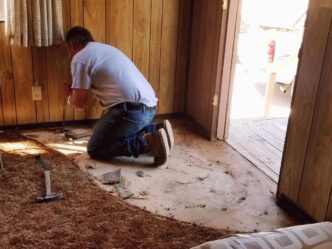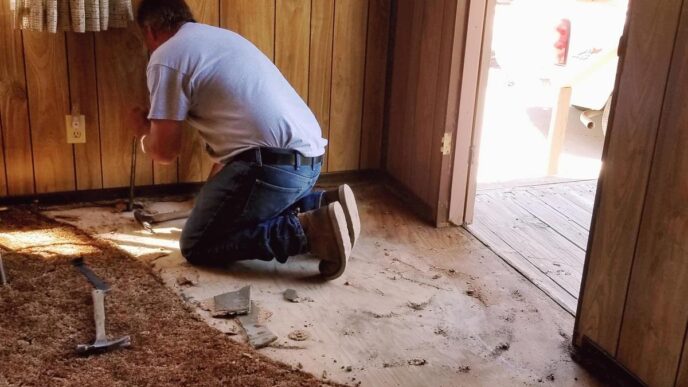Key Takeaways:
- Basic Tools: Essential tools include a set of screwdrivers, a 16 oz. claw hammer, and a durable tape measure like the Stanley PowerLock.
- Safety Equipment: Safety goggles, gloves, and dust masks are critical for protection.
- Power Tools for Beginners: A cordless drill with various bits and a jigsaw are handy for home projects.
- Tool Storage: Utilize toolboxes, pegboards, and shelving to organize tools by category.
- Maintenance Tools: Important items include a plumbing kit, paint supplies, leaf blower, and snow shovel.
- Project Tools: For indoor projects, use a magnetic stud finder, wall anchors, and a laser level; for outdoors, invest in a lawn mower, pruning shears, and a cordless drill.
- Tool Safety: Prioritize reading manuals, using protective gear, maintaining, and properly storing tools.
- Durability: Invest in quality brands like Stanley and Irwin for lasting performance.
- Tool Maintenance: Regular cleaning and inspection extend tool life, with proper dry storage preventing damage.
Are you a new homeowner wondering which tools to get first? With so many options, it's easy to feel overwhelmed. That’s why I’ve put together this guide on the essential tools every new homeowner should own. From basic screwdrivers to a lawn mower, I’ve got you covered. Whether you're planning your first DIY project or preparing for home maintenance, these must-have tools will set you on the right path. Start building your toolkit today!
What are the Must-Have Tools for First-Time Homeowners?
Basic Essential Tools
Starting with simple tools is key. A set of screwdrivers will be your best friend. Both flathead and Phillips are important for different screws you'll find around the house. Consider a multi-bit screwdriver as it is versatile.
Another must-have is a sturdy hammer. The 16 oz. Irwin Claw Hammer stands out for its balance. A tape measure is crucial too. The Stanley PowerLock 25-foot is very durable and will help in many tasks. These basic tools are like the ABCs for any homeowner.
Safety Equipment and Precautions
Safety first, right? You need some safety gear to protect yourself. Safety goggles are vital. They shield your eyes from flying bits while you hammer or drill. Gloves protect your hands from cuts and bruises; look for ones that fit snugly.
Dust masks are important when sanding or using chemical cleaners. Always think safety when you start a home project. Without this, you might risk injury during even the simplest jobs.
Beginner Power Tools
Got your basic tools ready? Let's move to power tools. A cordless drill is helpful for drilling holes or driving screws. It saves time and effort, and you’ll use it often in home projects. Get one with a variety of drill bits.
A jigsaw is another excellent tool. It handles curved cuts in wood and other materials. This makes it perfect for small projects and repairs. Both tools are great for beginners, simple to use, and they do not need much practice. Explore options that come with easy handling and long battery life. These tools will get you through many tasks around the house.
As a new homeowner, having the right tools makes life smoother. With these essentials in your toolkit, you can handle basic repairs and unleash your inner DIY enthusiast. This collection will serve you well from simple tasks to more creative home projects.
How Can You Organize Your Toolbox Effectively?
Keeping a tidy toolbox saves time and helps you find what you need quickly. If you've just moved into your new home, you might feel a bit overwhelmed by the number of tools you suddenly need to manage. Don't worry; with a few simple solutions, you can keep your tools organized and always at the ready.
Storage Solutions for Tools
When picking your storage solutions, consider size and space in your home. Toolboxes are great for moving tools around the house. They hold many tools, keeping them in one place. You can find toolboxes that are small and simple or big with wheels for extra storage. Pegboards can be your best friend in a garage or a workshop. They let you hang tools on the wall, saving floor space and keeping everything visible. Shelving options are another way to store tools neatly. With shelving, you can keep bulky items like power tools organized and off the floor. Stackable bins on shelves store smaller items, preventing them from getting lost.
Efficient Tool Organization Tips
Good tool organization starts with putting similar tools together. This means keeping all your drivable bits in one place and your hammers in another. By categorizing by use, you make it easy to see what tool you need for a specific task. Use labels to find tools faster. Label the slots in your toolbox or the hooks on your pegboard, and you'll save time digging through a jumble of tools.
Whether you DIY often or just need to fix the odd thing, finding tools fast makes every job easier. By choosing the right storage and keeping items well sorted, you'll turn that toolbox into an asset and not an obstacle. Your toolbox doesn't just hold your tools—it's your ally in keeping your home safe and running smoothly.
What Tools are Essential for Home Maintenance?
Being a homeowner means facing many sorts of fixes. Some of these tasks can seem daunting at first. But with the right tools, you can tackle them. Here are essential maintenance tools every homeowner needs.
Routine Maintenance Tools
Plumbing Tools: A basic plumbing kit is crucial. Include a plunger and a pipe wrench. I suggest getting plumbing tape too. Having these tools, you can fix simple leaks and clogs.
Paint Supplies: Painting is a common update. Keep brushes and rollers handy. Buy a sturdy paint tray and masking tape. Always have a painter's tarp to protect your floors. These tools help with touch-ups and fresh coats.
Seasonal Maintenance Necessities
Leaf Blowers: Leaves pile up fast. A leaf blower will save tons of time. It keeps your yard neat. Choose one that's easy for you to handle and store.
Snow Shovels: In winter, snow is a challenge. A durable shovel is a must. Make sure it's the right size for you to use comfortably. A good shovel will get the job done and save your back.
Why are these tools important?
Having the right tools makes life easier. Homeowners face all sorts of problems, from leaks to snow. Tools let you address these issues head-on. They give you the power to act quickly when things go wrong.
Should you only buy kits or individual tools?
Invest in reliable tools like the Stanley PowerLock tape measure. Quality matters more than quantity. Kits often miss key items and add extras you won't use.
Are specific brands more durable?
Some brands stand out. ChannelLock and Irwin are trusted for a reason. Long-lasting tools save money in the long run. They perform better and need less replacing.
Homeowners can face challenges with confidence. Tools like these provide peace of mind. They give you the confidence to take on small projects yourself. This reduces the cost of calling professionals for minor repairs. Keep these tools handy, and you'll be well-prepared for home ownership.
Which Tools are Recommended for Indoor and Outdoor Projects?
When you move into a new home, certain tools become friends in need. These tools not only solve problems, but they also save you time and money. Let’s dive into tools essential for both indoor and outdoor projects.
Indoor Project Tools
Indoor projects often start with the basics, like hanging shelves or pictures. For these tasks, stud finders and wall anchors play a crucial role. A magnetic stud finder is your go-to tool for locating studs behind drywall. It's a simple device that saves you from drilling many holes in your walls. When you find the right spot, wall anchors come into play. Wall anchors ensure that your shelf or picture stays in place, even if no wooden stud is nearby.
Another indoor must-have is a reliable laser level. This ensures that everything you hang is perfectly straight. No one wants crooked frames or tilted shelves. If you don’t have a laser level yet, imagine the ease and delight it brings to every hanging project.
Outdoor Tool Essentials
Moving outside, a well-kept yard welcomes both homeowners and guests. A lawn mower is key for cutting grass. Choose one that suits your yard size. Small yards may need only a reel mower. Larger plots call for gas-powered options.
Pruning shears are next on the list. Do you have bushes or small trees? If yes, pruning shears help keep them tidy. They cut branches easily, ensuring your plants stay healthy and well-shaped.
Other useful items for outdoor work include a leaf blower and a sturdy garden rake. Falling leaves can clutter your yard quickly. A leaf blower makes quick work of them. A garden rake handles leftover debris and levels your soil.
To tackle even more challenging tasks, consider a cordless drill. Why a cordless one? It offers freedom of movement, essential for extensive work outside or inside. This tool can fasten screws and drill holes, assisting with various home upgrades.
Developing this toolkit empowers you to handle many projects. It promotes confidence, knowing you have what you need at your fingertips. Investing in quality tools saves you from repeated purchases and makes home life smoother. For more in-depth guidance on which tools every new homeowner should possess, check out this helpful resource. Happy project tackling!
What Should You Know About Tool Safety and Maintenance?
Using tools can be fun, but you need to stay safe. Let's talk about tool safety first. Always read the tool manual before using it. The manual shows you how to handle the tool the right way. Also, wearing gear like gloves and goggles keeps you safe. Gloves can protect hands from cuts and bruises. Goggles shield your eyes from dust and debris.
Some tools, like power drills, need extra care. Keep your hands and other body parts away from the drill bit. Make sure the drill is off before you change the bit. Unplug it or remove the battery to be double sure. Also, check the area around where you are working. It's important to keep the area neat, so you don't trip or make a mistake.
Once you're done using tools, it's not over yet. You need to take care of your tools, too. Dirty tools wear out fast. Cleaning them makes them last longer and work better. For a start, wipe tools with a damp cloth to remove dirt after every use. This habit keeps rust at bay, especially for metal tools.
Do you know why tool maintenance is crucial? Regular checks help find any wear and tear early. Look for cracks or loose screws on the tools. These small things can lead to large accidents if not fixed. Tighten screws or replace parts that have worn out.
Proper storage keeps your tools in good shape, too. Store them in a dry place, such as a toolbox or shelf. You know, moisture is bad for tools. It causes rust and weakens metal. For power tools, remove their batteries before storing. This prevents battery damage and keeps the tools safe.
Remember, well-kept tools make every job easier. They cut down on stress and accidents. So, committing a little time to care for your tools pays off a lot. It's all about safety and making the most out of each tool you own.
Conclusion
Being a first-time homeowner is exciting, but having the right tools makes it better. We've looked at must-have basic tools, safety gear, and beginner power tools. We explored how to organize your toolbox and reviewed essential maintenance and project tools for home care. Lastly, we discussed tool safety and maintenance steps. Having the right tools and knowing how to use them safely empowers you to tackle any project confidently. Make sure your toolbox is ready for all your DIY needs!
